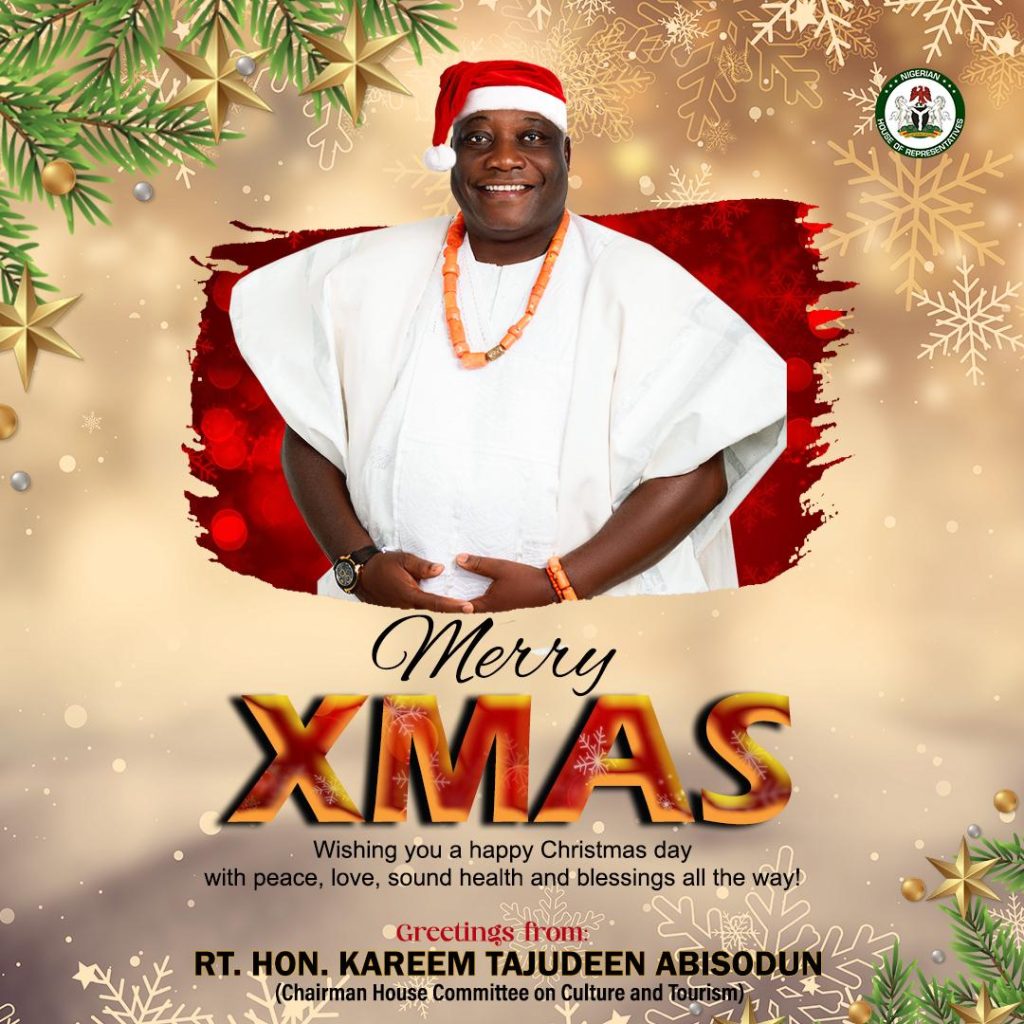In a sharp rebuke of recent comments by the spokesperson of the Nigeria Police Force, Barrister Inibehe Effiong, a prominent Nigerian lawyer and human rights activist, has strongly criticized Olumuyiwa Adejobi’s assertion that raining curses on someone online constitutes a criminal offense.

Effiong’s response, published on his social media platform, described Adejobi’s comments as an “ignorance of the law raised to power 1000,” warning that the statement could have serious implications for the public’s understanding of legal principles in Nigeria.
Effiong’s critique focused on the legal inaccuracies he claims were made by Adejobi, the Nigeria Police Force Public Relations Officer. Adejobi had previously stated that “raining direct curses on someone online is cyberbullying, not freedom of expression or criticism,” and emphasized that cyberbullying is a criminal offense under Nigerian law.
This comment has generated significant backlash, particularly from legal professionals, who argue that Adejobi’s interpretation is flawed and not supported by existing laws.

In his response, Effiong, a lawyer known for his advocacy in legal rights and constitutional matters, pointed out that there is no legal provision in Nigerian law that specifically criminalizes the act of cursing someone, whether online or offline. He referred to Section 36(12) of the Nigerian Constitution, which dictates that for an act to be classified as a crime, it must be clearly defined under a written law.
Effiong argued that cursing someone does not meet this requirement, as curses do not constitute a threat to life or physical harm, which are typically considered criminal acts.
He elaborated, stating, “Curses do not have effect or value in the eyes of the law for the simple reason that they are premised on superstition, or at best the supernatural forces.”
Effiong further explained that phrases like “it shall not be well with you” or other similar expressions are essentially forms of prayer albeit negative ones and cannot be considered matters for legal redress. He emphasized that the law does not concern itself with spiritual matters or what he described as “trifling things.”
Effiong also highlighted the shift in Nigeria’s legal landscape, specifically addressing the recent amendments to the Cybercrimes Act. He pointed out that the notorious provisions of Section 24 of the Act, which had been used to target and prosecute critics of the government and other individuals in the past, had been repealed.
The amended Act no longer supports the broad interpretation that allowed for the persecution of individuals based on vague allegations of cyberbullying or defamation, further underscoring the legal weakness in Adejobi’s statement.
The lawyer’s harsh critique of Adejobi was not just about the legal misstep, but also about the implications for public trust in law enforcement agencies.
“The fact that this very ridiculous opinion is from the spokesperson of the primary law enforcement agency in Nigeria says a lot about the decadence of our institutions,” Effiong said, criticizing what he perceives as the police force’s tendency to invent imaginary offenses, potentially to suppress dissent or intimidate critics.
The criticism has sparked a wider conversation about the role of law enforcement in regulating online discourse and the balance between freedom of expression and protection from harm. While some have supported Adejobi’s stance on the need to curb cyberbullying, Effiong’s argument has added to ongoing debates about the limits of state power in controlling online speech.
Effiong concluded his statement with a call for Nigerians to disregard Adejobi’s remarks, labeling them as “misleading” and “baseless.” He urged citizens to base their understanding of the law on facts and to challenge any legal misinterpretations, especially those coming from public officials.

